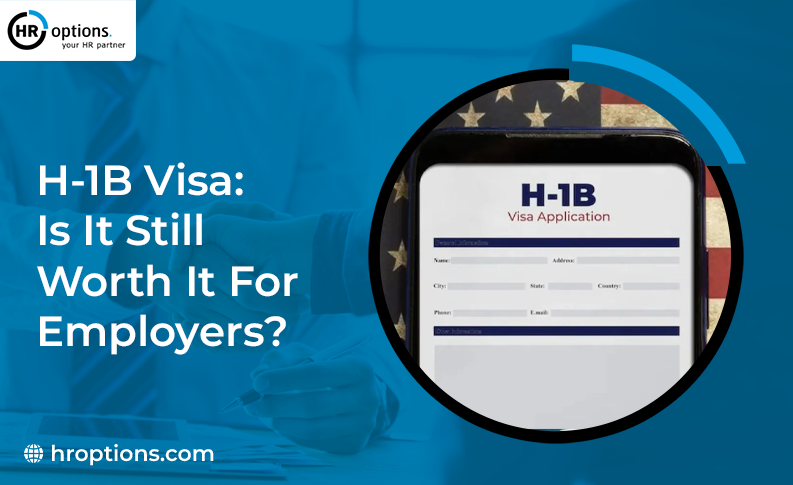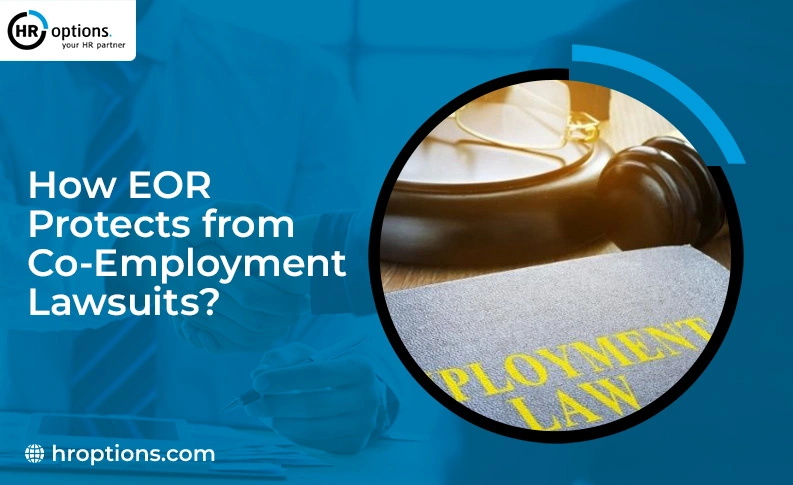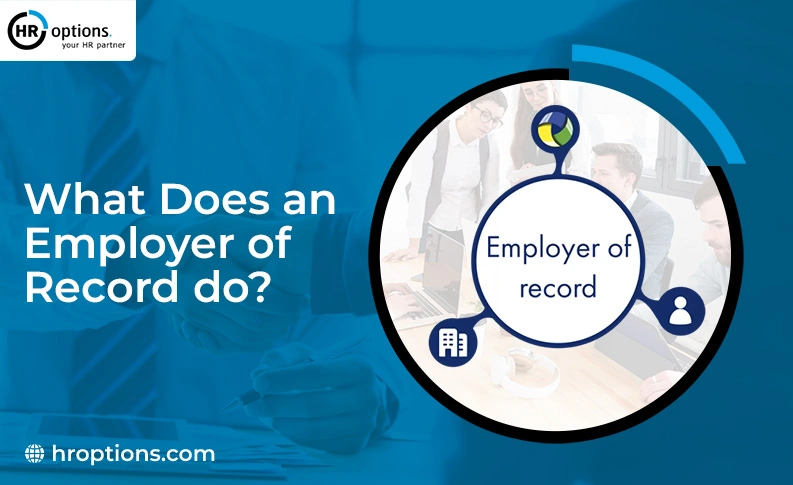Partnering with an Employer of Record (EOR) can feel like a shortcut to global hiring. They handle payroll, compliance, contracts, and HR administration so businesses can expand faster without setting up local entities. Many companies run into avoidable EOR pitfalls. The most common EOR mistakes are misclassification, weak local compliance, payroll/benefit errors, poor data protection, unclear roles, hidden fees, rigid contracts, and shallow local expertise.
Common Mistakes to Avoid When Working with an EOR
Below are 11 common errors. Each is explained in detail so you can recognize it before it becomes a costly problem.
-
Misclassifying Workers (Employees vs. Contractors)
Many companies try to reduce obligations by calling someone a “contractor” when local law treats them as an “employee.” That misclassification is risky. Governments increasingly audit cross-border work arrangements. If authorities conclude you misclassified an employee, your business may owe back taxes, penalties, or retroactive benefits. The EOR and the client both could become liable.
The EOR should assess local law and apply the right classification from day one. If the worker’s duties shift, reclassify if needed.
-
Neglecting Local Compliance and Labor Laws
Each country has its own rules about working hours, overtime, leave, termination, union rights, notice periods, etc. If your EOR lags in tracking updates, you may risk violating local law without realizing it.
In some countries, terminating a worker requires government approval or a waiting period. If the EOR ignores that, your termination may be void or subject to big fines. Compliance is not static—it evolves. The EOR should keep pace.
-
Payroll Errors and Tax Mistakes
Payroll seems mundane, but it’s a minefield. Mistakes include:
- Failing to withhold the correct taxes.
- Missing social security or pension contributions.
- Paying late to tax authorities.
- Miscalculating bonuses, allowances, and overtime.
Even one error can damage employee trust or trigger investigations. Some EORs operate with weak internal checks, letting mistakes slip. Always demand strong financial controls and reconciliations.
-
Overlooking Data Protection and Privacy Requirements
When you hire abroad, you share sensitive personal data—identity numbers, bank details, health information. Many jurisdictions impose strict privacy regulations. If the EOR mishandles data—storing it insecurely, transferring it across borders carelessly—you may violate laws, incur fines, or damage your reputation.
Data security should be embedded in the EOR’s operations. Encryption, restricted access, audits, and lawful cross-border protocols should all be in place.
-
Overlooking Benefits, Severance, and Employee Rights
Every country mandates certain entitlements: paid leave, maternity/paternity leave, pension contributions, and sometimes severance or notice pay. If your EOR or business ignores these, workers may claim them later, and the cost can jump unexpectedly.
Sometimes companies believe that because they “outsourced payroll,” they don’t need to worry. Wrong. The EOR should ensure that benefits and rights match local law. You bear exposure if they don’t.
-
Failing to Review the EOR’s Licenses and Regulatory Standing
Not all EORs are equal. Some operate via subcontractors or aggregators, and some may lack a direct legal presence in certain countries. If the EOR lacks proper licensing or legitimacy, its employment arrangements may be rejected by local authorities.
You should confirm that your EOR is legally authorized to act in every country where you hire. Ask for evidence. Know who ultimately carries liability.
-
Lack of Clear Communication and Expectation‐Setting
When roles are vague, confusion reigns. Who handles performance reviews? Who is responsible for terminations or employee grievances? Who responds in audits or investigations? If the EOR and client don’t define these boundaries up front, problems escalate.
Clarity here is non-negotiable. It prevents finger-pointing when trouble arises.
-
Hidden or Unclear Costs (Fees, Markups, etc.)
Some EORs advertise low base fees to entice clients, but later add charges: markups on benefits, currency conversion fees, termination or offboarding charges, setup fees, and administrative fees. What seemed cheap at first can spiral into higher costs.
Demand full cost transparency. Ask for all possible fees, now and in the future. Ask for sample cost projections over several years.
-
Poor Employee Experience
Your remote or global employees are not faceless resources. If the EOR treats them like an “outsourced contractor,” employee morale drops. Delays in onboarding, weak communication, and little support degrade trust and loyalty.
If the employee feels neglected, retention drops. You risk compliance breaches and higher attrition.
-
Limited or Inflexible Contract Terms
You may want to offer custom bonuses, equity, commission, or benefit packages. You lose that ability if the EOR uses rigid standard contracts with no flexibility. Worse, the contract may conflict with your internal policies or strategies.
Ensure the EOR can adapt contracts to your needs and not lock you into rigid templates.
-
Inadequate Local Expertise
Even if an EOR claims to have a presence in many countries, its depth may vary. Some EORs know general rules but not industry nuance (for example, regulated sectors like finance, healthcare, or mining). Missing local subtleties is dangerous.
Check whether the EOR has true legal, tax, and compliance experts on the ground in each market you enter. Request CVs/bios of in-country counsel/payroll leads and sample compliance memos.
Conclusion
Working with an Employer of Record can accelerate your ability to hire globally without building local structures. But it is not risk-free. Common EOR mistakes include misclassifying workers, ignoring local law, payroll errors, poor data protection, unclear contracts, hidden fees, weak employee experience, and a lack of local expertise. To avoid these errors, perform due diligence, insist on transparency, audit regularly, set clear agreements, and work with a provider with strong in-country capabilities.
When done well, an EOR becomes a strategic partner that enables growth across borders with lower risk.
Contact HR Options today to streamline global hiring with confidence.








